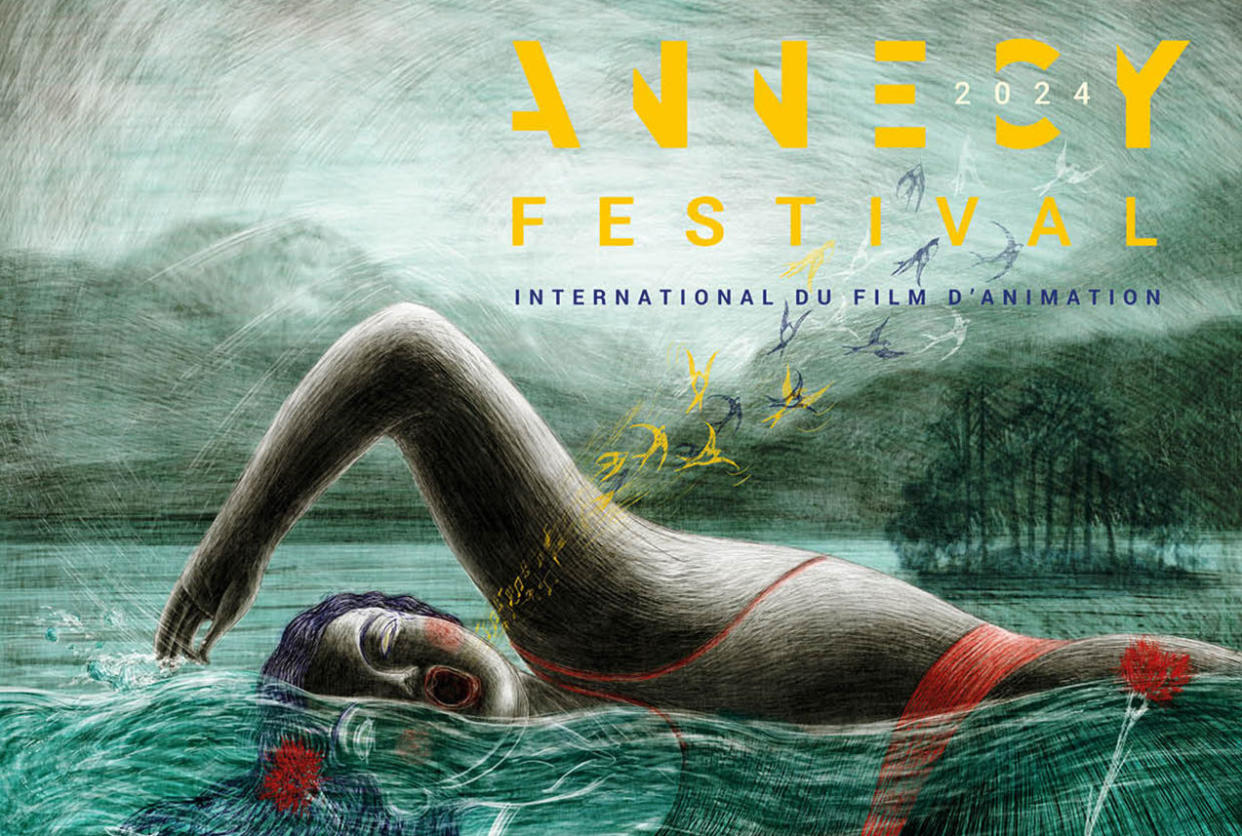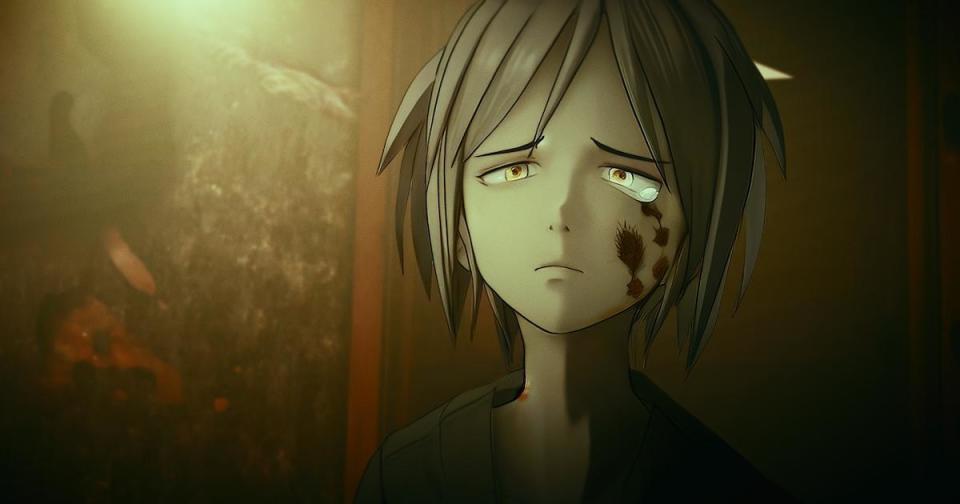2024 Annecy Animation Festival Will Include Generative AI Works to Inspire ‘Intelligent Debates’

Generative AI is a contentious topic in the animation industry (and almost everywhere else). However, the upcoming Annecy International Animation Festival (June 9-15) will spotlight works that utilized generative AI software.
In a statement, Annecy artistic director Marcel Jean said the festival received “dozens” of submissions that used AI technology. Four made the cut, including Midnight Specials selection “Who Said Death Is Beautiful?” the Japanese zombie feature from director Ryo Nakajima, as well as three Off-Limits shorts: Felipe Elgueta’s “Data Flesh,” in which images become zombie-like entities; Boris Labbe’s “Glass House,” a sci-fi-inspired glass Tower of Babel; and Claudia Larcher’s “The Great Tree Piece,” an analog/digital physical experience of nature.
More from IndieWire
Oliver Stone: 'America's on a Road to War, and I Don't Think It's a Good One'
George Lucas Disagrees That 'Star Wars' Is Only Full of 'White Men'
“Who Said Death Is Beautiful?” is of particular concern because it used Stable Diffusion by Stability AI, a software that has been the subject of several class-action lawsuits for copyright infringement.
These are not the first AI works at Annecy. Last year’s lineup included the short film “Algodreams” by Australian filmmaker Vladimir Todorovic.

In a statement, Jean defended the festival’s AI inclusions. Annecy makes no restriction against AI and he noted that “rules prevent us from having to think things through, whereas the arrival of AI in the creative process raises a series of questions that require us to think things through.”
However, he also made clear that most AI works “are under no illusions: it quickly becomes apparent that there is no vision, no thought, no singular sensibility behind the use of technology. On the other hand, a minority of these works seek to engage in a fertile path.”
Jean also noted that while music videos’ demands for high-speed production and low budgets make them an excellent AI breeding ground, “this often results in very dated imagery, which exposes its limitations, to the point where we’ll probably be able to tell, in a few years’ time, during which precise quarter of 2023 this music video was produced.”
He also pointed out that Zbigniew Rybczyński met outrage in 1982 when his film, “Tango,” won the Annecy Grand Prix; critics claimed that the methodology — which appears to be a type of stop-motion animation with flat photographs — didn’t qualify as animation. It went on to win the 1983 Oscar for Best Animated Short.
“Today, this film is considered one of animation film’s great masterpieces,” Jean said. “Some 20 years later, controversy erupted over films using 3D software. Today, it’s AI that’s the new bugbear. It may well be that this technological breakthrough won’t be anything like its predecessors. We need to ask questions, debates are crucial, but believe that in order to have intelligent debates we need to learn more about these works.”
An animation insider said they agreed with Jean’s thinking. “While I fully understand the legit concerns and questions around AI that many workers from the industry are raising,” they said via email, “I don’t think those are good enough reasons to strictly ban from the festival all creation that may have used AI at some point in its creative process. On the contrary, that would bury the question and delay proper decisions to be taken on the matter.
“Annecy is the biggest animation celebration and showcase in the world,” they continued. “It has to reflect and represent the diversity of this creation and, indeed, create debates and discussion more than feeding the fears. AI will be part of our future anyway, it’s already part of our present.”
Best of IndieWire
A History of Unsimulated Sex Scenes in 17 Cannes Films, from 'Mektoub' to 'Antichrist' to 'Caligula'
The Best LGBTQ Movies and TV Shows Streaming on Netflix Right Now
Guillermo del Toro's Favorite Movies: 54 Films the Director Wants You to See
Sign up for Indiewire's Newsletter. For the latest news, follow us on Facebook, Twitter, and Instagram.


